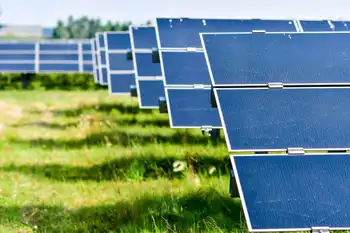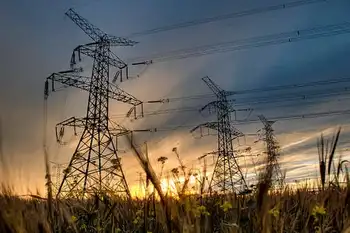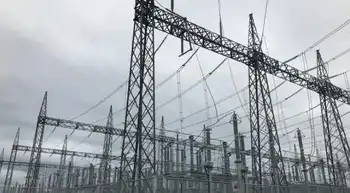Will Japan hold a referendum to scrap nuclear power?
The world's worst nuclear crisis in 25 years after an earthquake and tsunami wrecked the Fukushima plant spurred anti-nuclear movements, previously seen as the preserve of left-leaning activists.
Plebiscites are rare in Japan -- three have been held on nuclear power as well as a number of others -- and no law exists for a national referendum. But campaigners in Osaka, Tokyo and the western prefecture of Shizuoka are taking advantage of rules that allow for referendums if the local assembly gives the nod.
Osaka, the core of Japan's second biggest metropolitan area with 2.7 million residents, receives its electricity from Kansai Electric, Japan's second-biggest utility operating 11 reactors at three plants near the city.
If a plebiscite takes place, residents will vote on whether to scrap Kansai-operated nuclear power plants.
"Deciding such an important issue should be in the hands of the voters," said Hajime Imai, an organiser of the group.
The role of nuclear power is now under debate by the central government, which has abandoned a pre-Fukushima goal of boosting atomic energy's share of electricity demand to 50 percent by 2030 from 30 percent before the accident.
The industry is under intense scrutiny, with many reactors undergoing computer-simulated tests to ensure they could withstand a new disaster. Only three of 54 reactors are on stream at the moment.
The activists submitted to Osaka City 55,430 signatures of residents, or 2.1 percent of the city's population, above the 2 percent required by legal regulations.
Osaka Mayor Toru Hashimoto must now present a motion to the city assembly for a vote on whether a referendum should be held.
Hashimoto, a reform-minded former TV celebrity who has set up a new political party, wants to reduce dependence on nuclear power and has vowed to exert the city's right as a holder of about 9 percent of Kansai Electric's shares.
But he has shown little enthusiasm for a costly referendum.
Imai said the campaign faced a tough battle in the Osaka assembly, where major parties are split over the issue.
The anti-nuclear side has won all three referendums already held. The votes had little direct impact on national policies, although a groundswell of similar ballots could make a difference.
Imai's group is also collecting signatures for a national referendum, though parliament would have to pass a law in order for such a national vote to take place.
Fukushima shattered Japan's myth that nuclear energy was cheap, clean and safe, but the absence of a legal framework means a national vote is unlikely.
Opinion polls show about three-quarters of the public favour at least a gradual exit from nuclear power. But enthusiasm for active campaigning is waning and many voters appear to be losing hope that their opinions matter.
"I don't think that people believe in democracy much," said Jeffrey Kingston, director of Asian studies at Temple University in Japan. "A lot of people are turned off by politics and think the government does what it wants anyway."
Imai echoed the concern. "Our biggest enemy has been apathy," he told Reuters.
Related News

'That can keep you up at night': Lessons for Canada from Europe's power crisis
TORONTO - Europe is currently suffering the consequences of an uncoordinated rush to carbon-free electricity that experts warn could hit Canada as well unless urgent action is taken.
Power prices in Germany, for example, hit a record 91 euros ($135 CAD) per megawatt-hour earlier this month. That is more than triple what electricity costs in Ontario, even during periods of peak demand.
Experts blame the price spikes in large part on a chaotic transition to a specific set of renewable electricity sources - wind and solar - at the expense of other carbon-free supplies such as nuclear power. Germany, Europe’s largest economy,…




